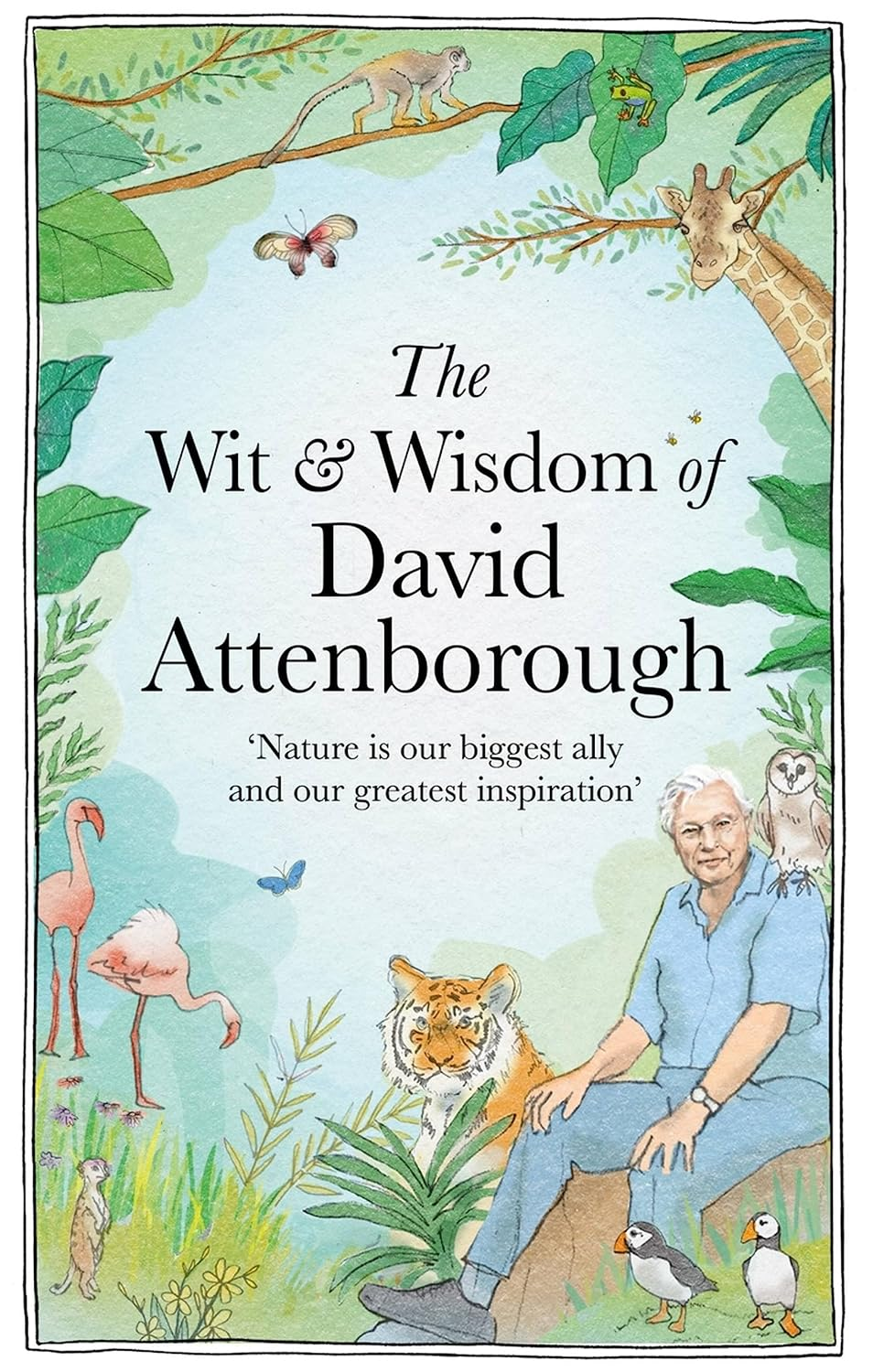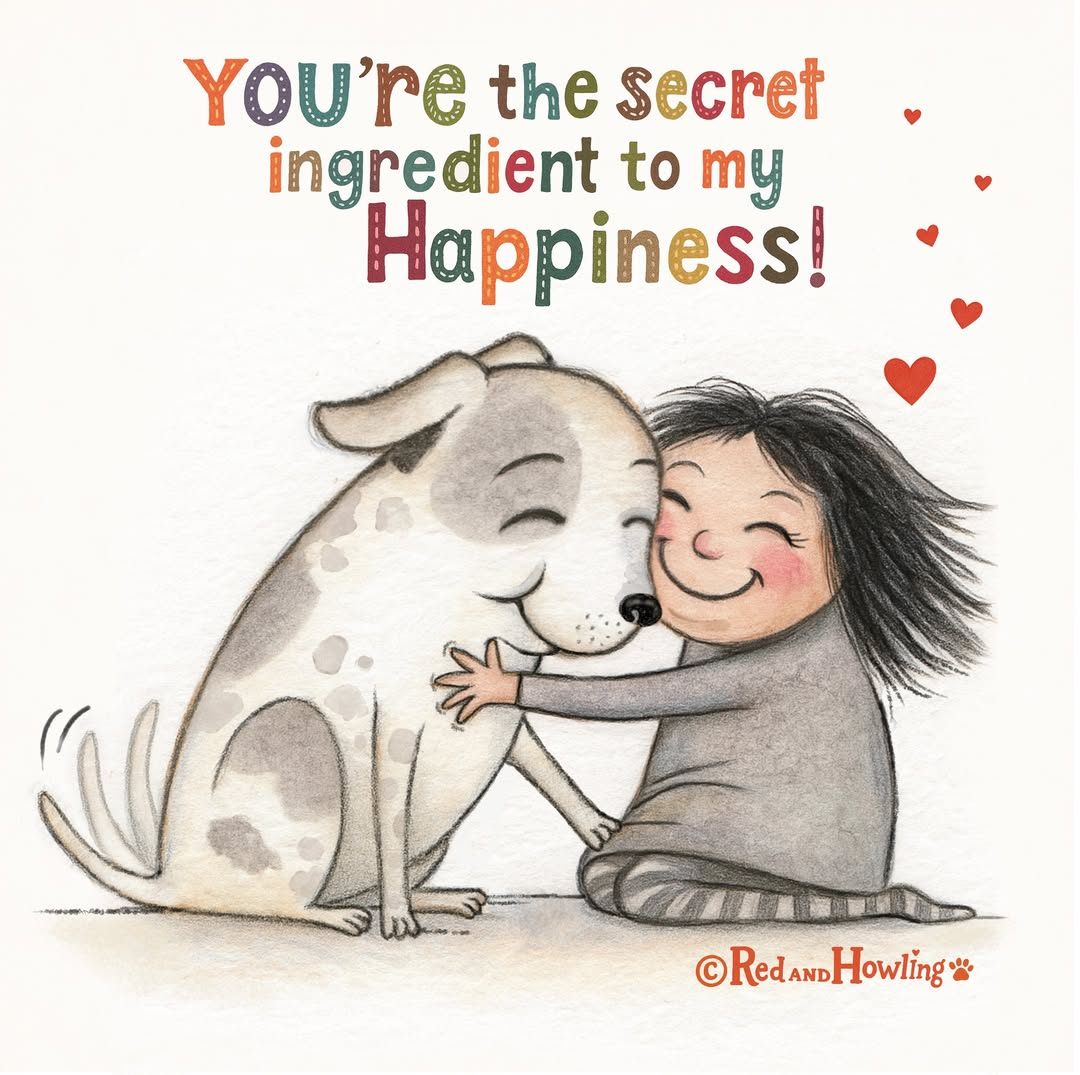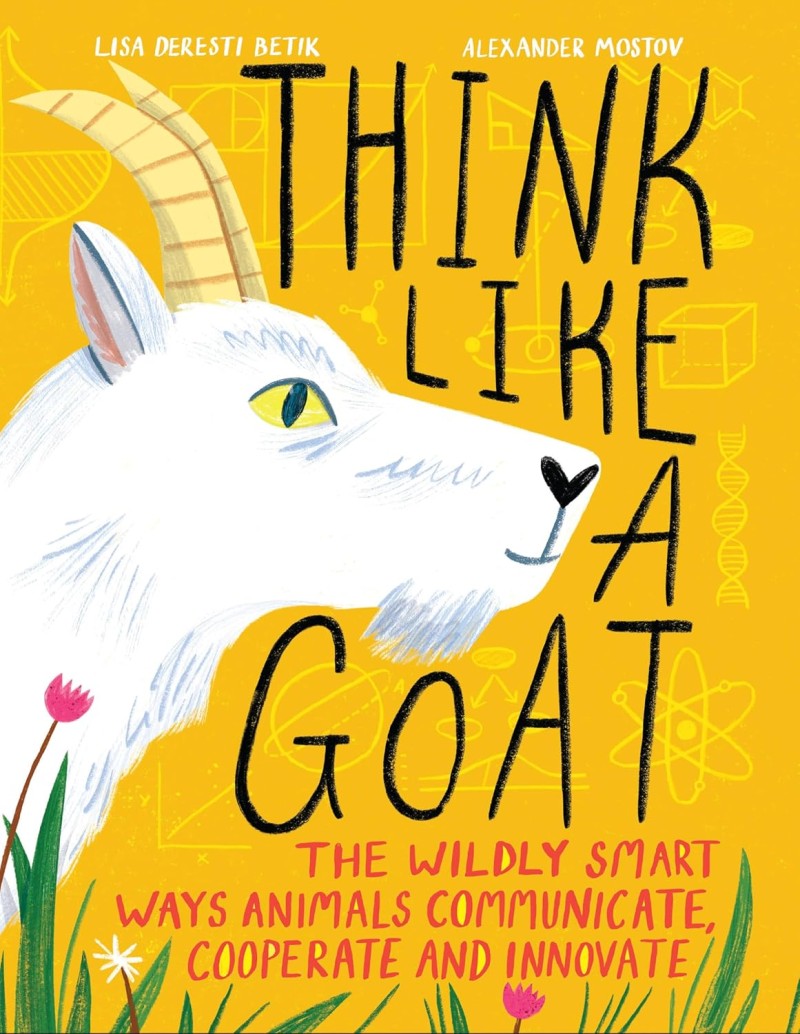How to Help England’s Endangered Buzzy Bees
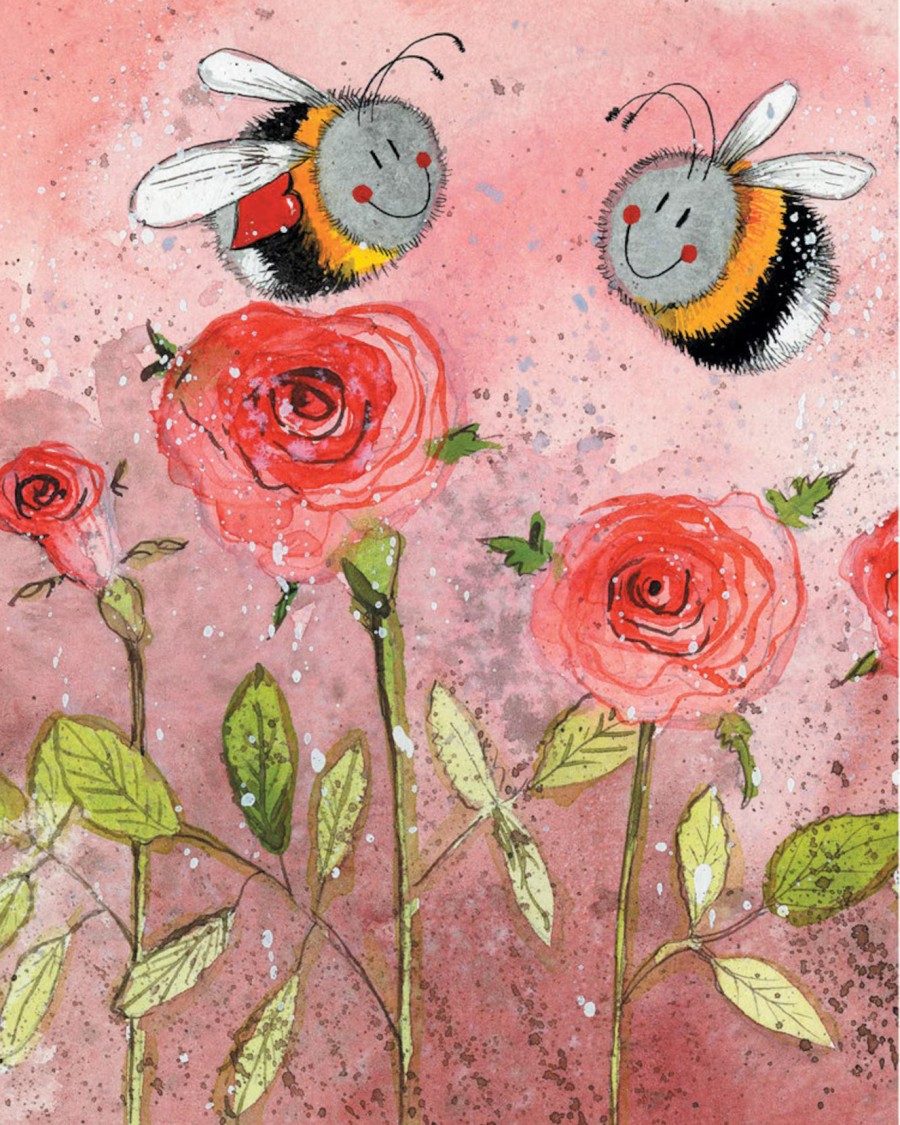
Bees are one of England’s favourite creatures, but are very endangered due to lack of habitat (including flowers) and pesticides. They also pollinate most of our food.
Use no-dig gardening to protect wildlife. Read more on pet-friendly gardens and wildlife-friendly gardens.
Many wildflowers (and seeds in plantable greetings cards) are toxic to animal friends. The real answer is to plant wildflower meadows, so bees have food to eat in nature.
Experts are not fans of ‘bee hotels’ as they bees are ‘terrible landers’ so hotels often get filled with mites (so they can’t fly or land). And having lots of bees in one place, makes hotels tempting to predators. Just plant wildflowers in pet-free gardens or the countryside.
Likewise, a biology professor at Sussex university said that so-called ‘bee bricks’ for solitary bees are not deep enough to be that effective but are ‘probably better than nothing’. He says these are simply displacements for real planning changes (like prioritising meadows).
If you find a bee on the ground, it may be dying (bees don’t live long). But it may be tired and hungry, so try putting it in a flower with pollen, and see if it recovers. Rather than risk drowning bees with sugar-water, bee saviour cards give just the right amount of food.
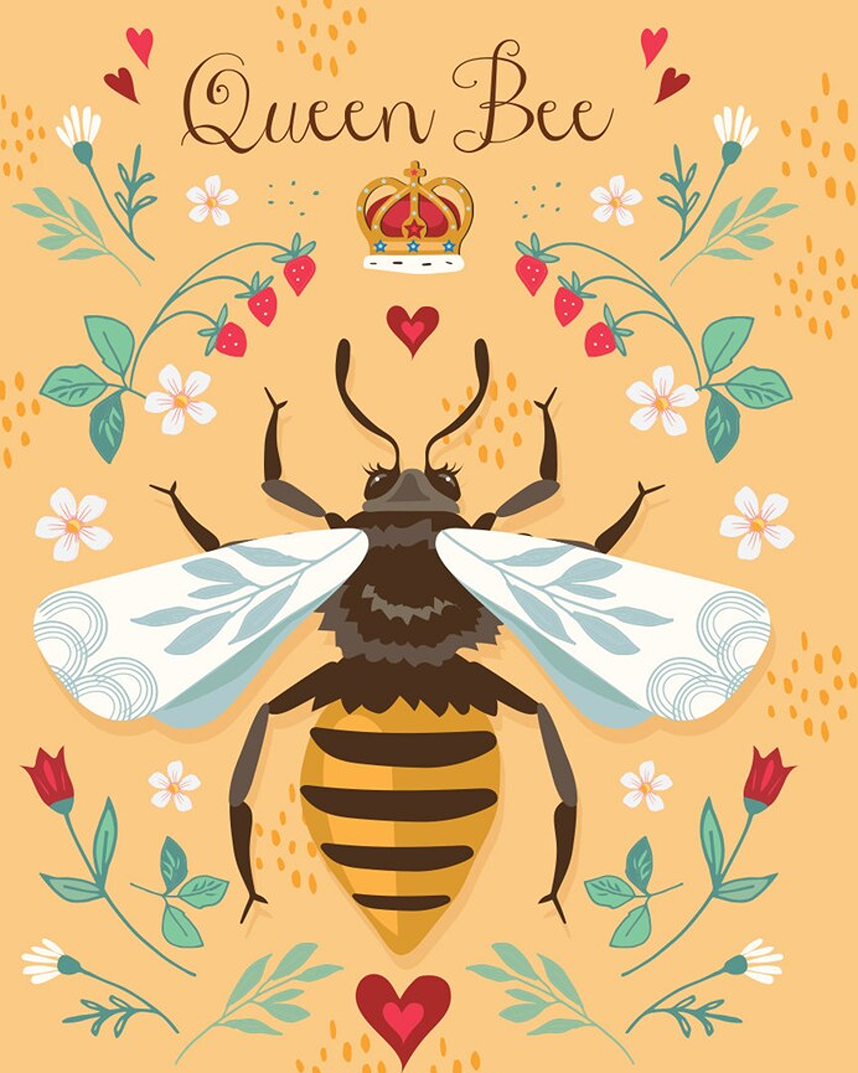
Bees are fascinating creatures that do a special ‘waggle dance’ to indicate the exact degree where pollen is to friends. They put in in incredible hours to just a tiny bit of honey for the hive. Some commercial beekeepers smoke out hives to retrieve honey (why vegans don’t eat it).
Flow Hive is an invention that causes less disturbance, and may be a better method. Never give honey to young children (nor to pets or people with weak immune systems, due to risk of botulism). Read of plant-based alternatives to honey.
Easy Ways to Support Endangered Bees
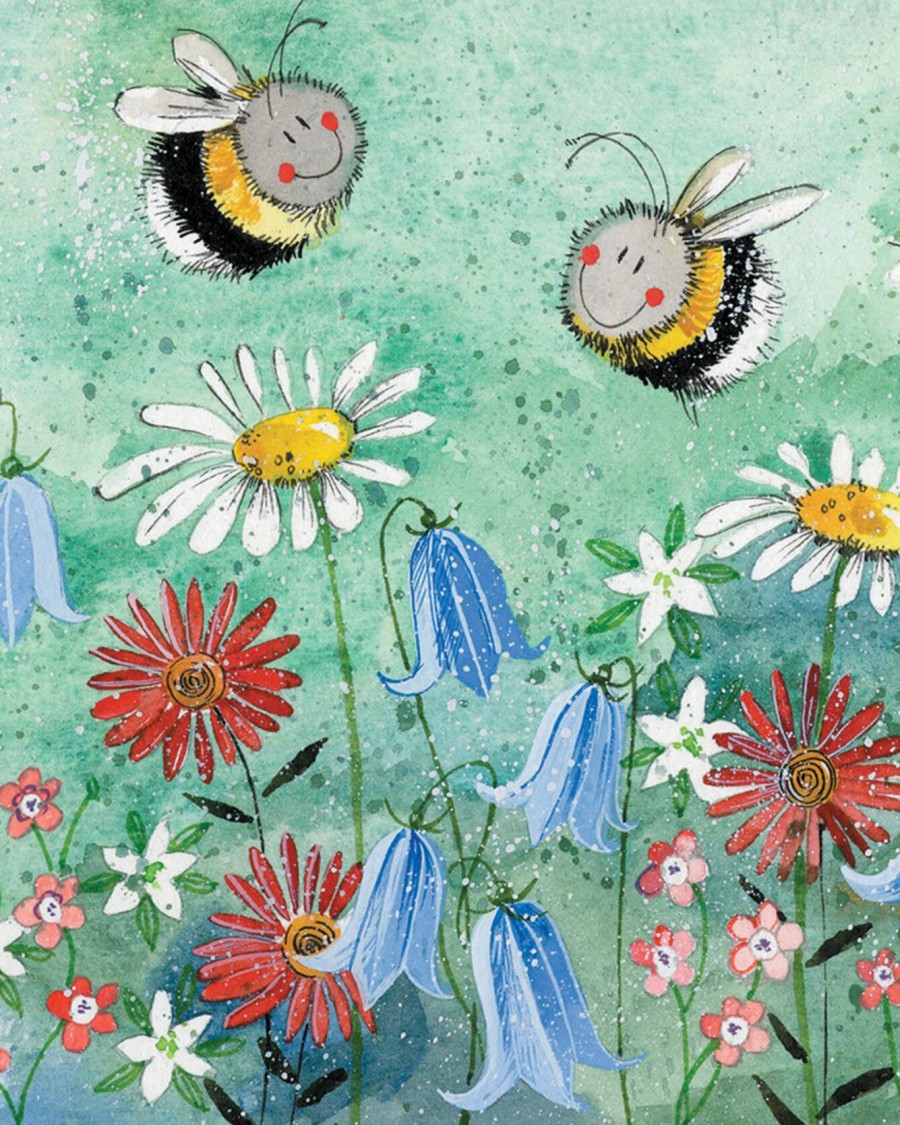
Plant native flowers and set aside wildflower patches, and avoid pesticides.
50 Ways to Help Save the Bees is a book of easy suggestions to help bees, from mowing less often and keeping your yard dark at night, to building bee-friendly window boxes and green roofs. Little things can make a difference for little bees. Just ask a bee!
A Bee’s Guide to Bees & Pollination

Secrets of Bees is a beautifully illustrated and educational book for young readers, to teach on the importance of bees and pollination.
Bees are incredible insects (from honeybees to diggers to leafcutters and solitary bees). Discover:
- How bee eyes see the world differently
- How bees pollinate plants
- How bees communicate (waggle dance!)
- How without bees, we would have no food
This book is created with consultation with Professor Beverley Glover and Dr Sally Lee of Cambridge University Botanic Garden. Author Ben studied at Cambridge University and then worked for BBC Wildlife magazine, before becoming a full-time writer.
A Brief Compendium of Bee Curiosities

Beepedia is a beautiful gift book, featuring A to Z entries on topics from pollination to the peculiar lifestyles of cuckoo bees and carrion-eating vulture bees, this pocket-size book takes you on an unforgettable journey to meet these remarkable creatures.
Explore the wonders of bee behaviour and ecology, and learn about the role of bees in agriculture, art, literature and religion.
With over 20,000 species, bees can be found anywhere on the planet where flowering plants are pollinated by insects. You’ll even learn where the expression ‘the bee’s knees’ comes from! Laurence Packer is a leading expert on wild bees, and a Professor Emeritus of Melittology (studying bees) at York University in Toronto.

